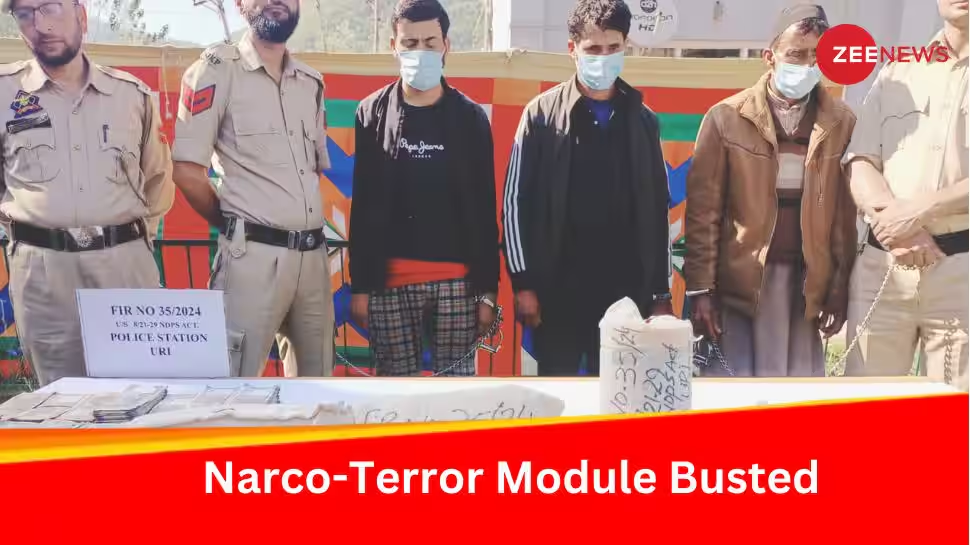Passing of GST Bill unanimously today in the Rajya Sabha is truly historic in many ways as an elaborate seven-hour debate has witnessed a spectacle of bonhomie among the polity of the country and is likely to open a new horizon of much needed tax reforms in India.
Even after he consent of Upper House of Parliament to a pan-India goods and services tax regime, vide a Constitution Amendment Bill, it may still take months before this major indirect tax reform is implemented, experts said, explaining the steps ahead:
— The Constitution (One Hundred and Twenty-Second Amendment) Bill, 2014, as passed by the Rajya Sabha, will first go to the Lok Sabha again, since the Bill that had been passed by the lower house on May 6, 2015, underwent amendments to reach a political consensus. But this is seen as a mere formality.
This being a Constitution amendment that involves the states, at least 50 per cent of them also have to ratify it. This is where the process could take long, since states could have their own set of issues and worries, which the Empowered Committee and the government would have to address. What will, nevertheless, help is that the BJP and its allies are in power in 13 out of 29 States. Following a presidential consent, the amendment will take effect.
These formalities apart, the parliament will have to pass relevant bills for a Central GST and an integrated GST, while the states will have to enact their own legislations for a State GST. This is because the GST regime will involve the imposition of Central and State levies at identical rates.
This issue again far from resolution, since the proposed rate itself has become a matter of hot debate and the variation among the various recommended rates by experts and stakeholders range from around 15.5 per cent to as high as 26 per cent. The Congress is batting for 18 per cent.
States also have to be assuaged with some concrete proposals on the ground that their sovereign authority to impose taxes on goods will not be diluted in any manner by the unified tax regime, and provisions will be made by the Centre when they are in dire needs during emergencies.
Towards this, as also for resolution of disputes, the role of the GST Council — which will be chaired by the Union Finance Minister — has to be clearly defined. This is another issue over which consensus is still elusive.
The necessary IT infrastructure, too, has to be set up. Towards this, a non-government private limited company has been constituted Goods and Services Tax Network. Tenders for appointing an IT company for implementation has been floated and bids have been received from five companies.




